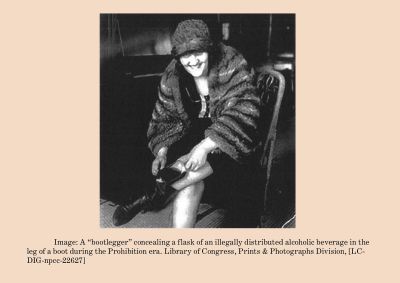Bootleg library
https://hub.xpub.nl/bootleglibrary
The "bootleg library" is a particular, situated social infrastructure. It operates from the understanding that the library is a collection; a collection of the texts contained within it, and the readers collected around them. A reciprocal, self-reflexive relationship between the texts and the readers produces sociability. A bootleg is an homage, an unauthorised copy of a source publication; bootlegging is a strategy by which texts are diversified through use and multiplied in form, resisting singularity and representing readers.
Instances
The printed collection
The printed collection consists of a small selection of republished books, stored within a repurposed wine crate. Similar to the "mini-bieb" (a Dutch word for public library boxes installed locally in neighbourhoods), the books within the physical library are not catalogued, and they are available for anyone to borrow, read and annotate, on the one condition that they are returned. The physical library is mobile, and it travels to different bootleg library sessions.
The digital collection
The digital bootleg library runs on the open-source software calibre-web from a Raspberry Pi4. It is available (with correct credentials) at the following URL:
https://hub.xpub.nl/bootleglibrary
Guests can upload/download books and edit metadata. Those with a registered account can create and edit public and private shelves, which are ways to collectively, or individually organise the collection. All registered users are given admin privileges so that they can register new accounts for others. The library is open to all, and new users are individually invited to join through interpersonal networks. The collection has grown through individual uploads made by users under the default guest account, or their registered user account. At present (October 2021), it contains over 660 catalogue listings, most of which are PDF files, but also including EPUB and MP3. The collection is largely critical theory focused, but also contains a variety of texts, including novels, comics, technical manuals and feminist speculative fiction.
Activities
There are three main activities of the bootleg library;
1) bootlegging, republishing and distributing printed books
Each book is printed and bound in an edition of one. Bootlegging happens on a case-by-case basis; by myself, for others, and with others, depending on individual demands.
2) conducting bootleg library sessions in various locations
bootleg library sessions are moments for readers to collect together around texts. Each session is loosely organised, and readers are invited to stay as long as they like. Texts that are produced in these sessions; uploaded to the library, spoken in conversations and configured in writing together.
3) Producing texts
Texts are bootlegged, printed and bound. Texts are produced in the various conversations that happen in each bootleg library session, which happens in different places, with different publics. Texts are written on index cards, in collaborative writing environments such as Etherpad, in the metadata of the digital library when users are registered and when books are uploaded.
Tasks of the Contingent Librarian
Contained within a box is a set of A6-sized index cards, collected together under the title Tasks of the Contingent Librarian. Each card lists the tasks performed on the site of contingencies, the bootleg library. They include a librarian’s task on the obverse, and images and references on the reverse. The cards are a manifestation of a thesis, and also an active part of praxis. They are used in bootleg library sessions to elicit conversations and record thoughts; subsequently, reflections from these sessions become part of the index.
